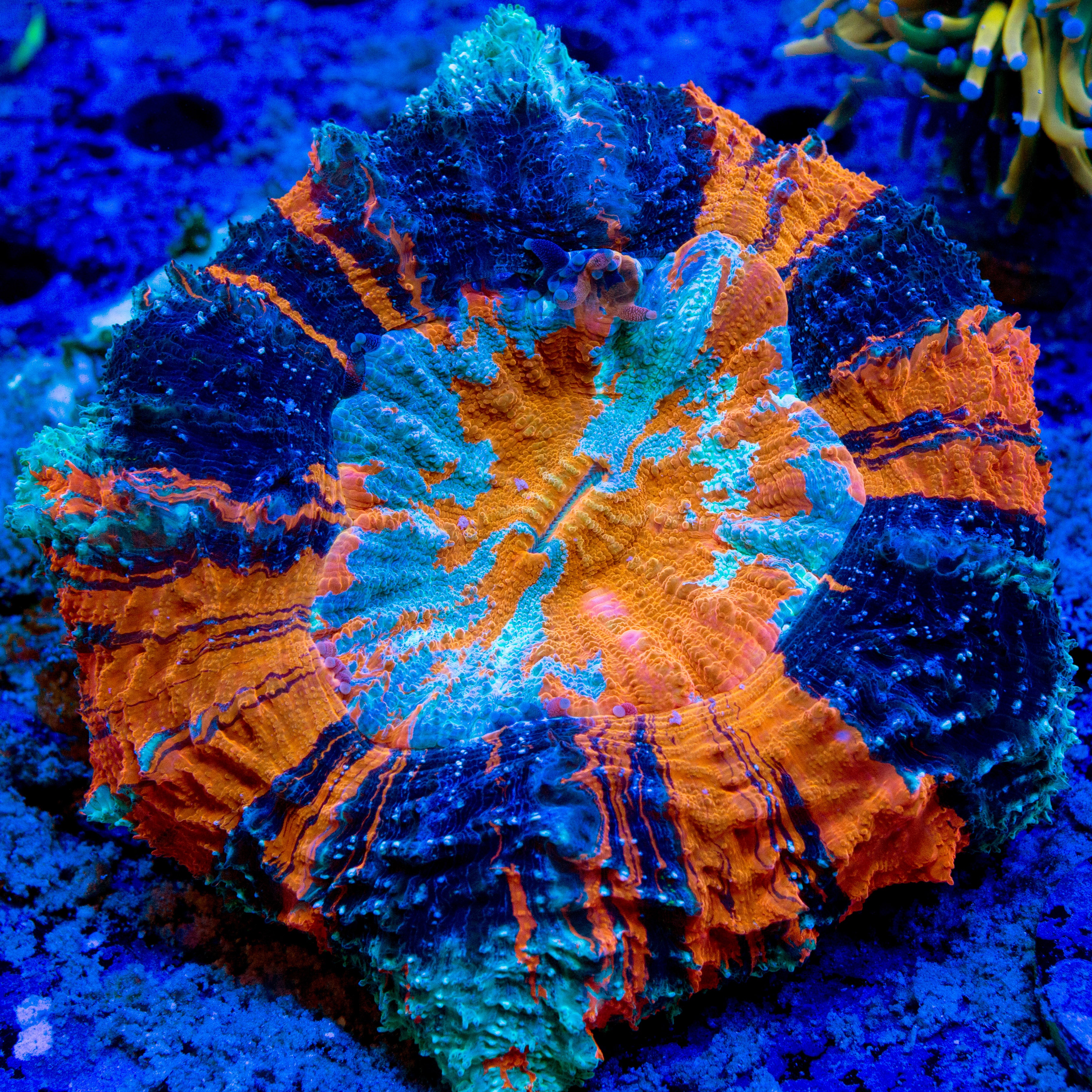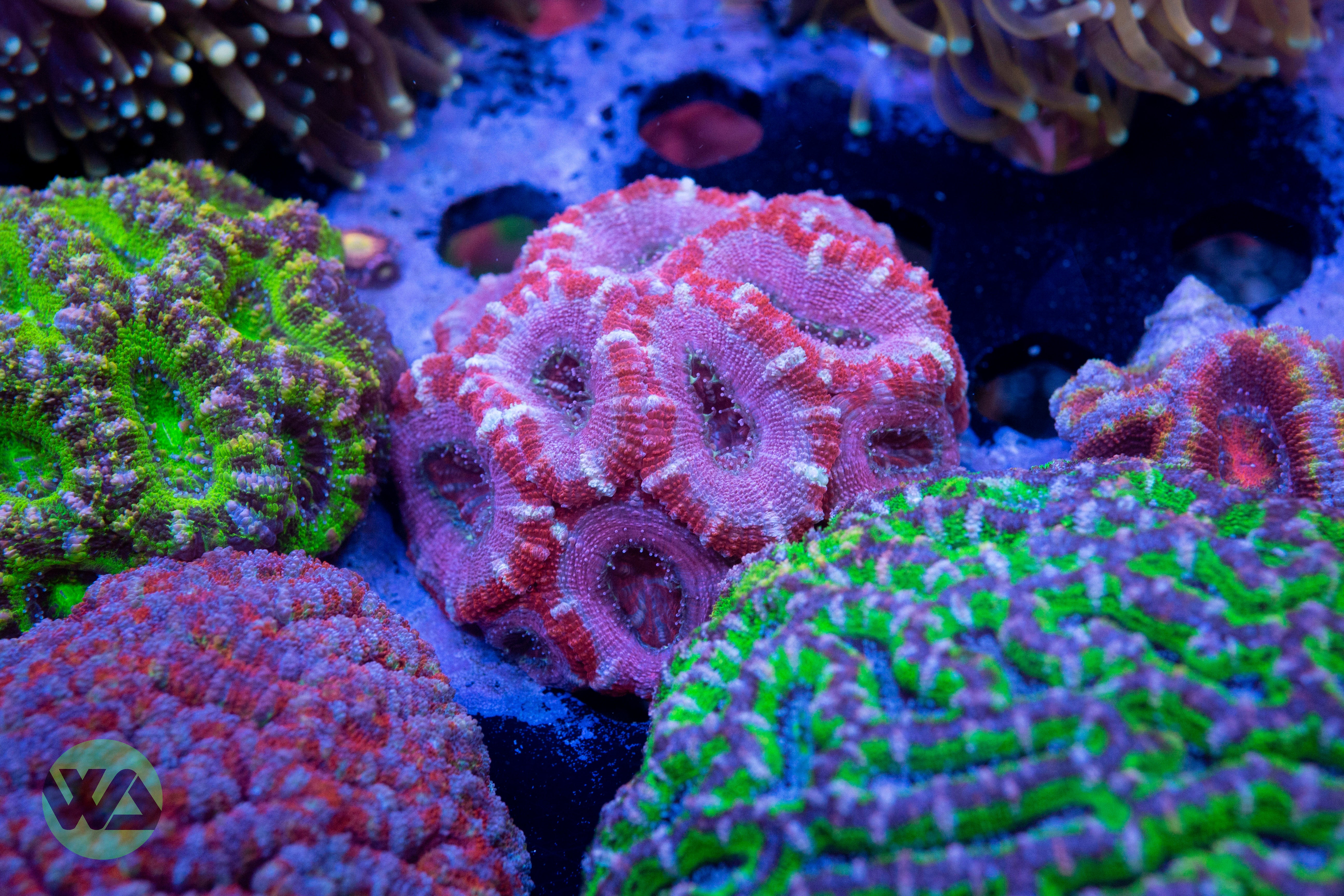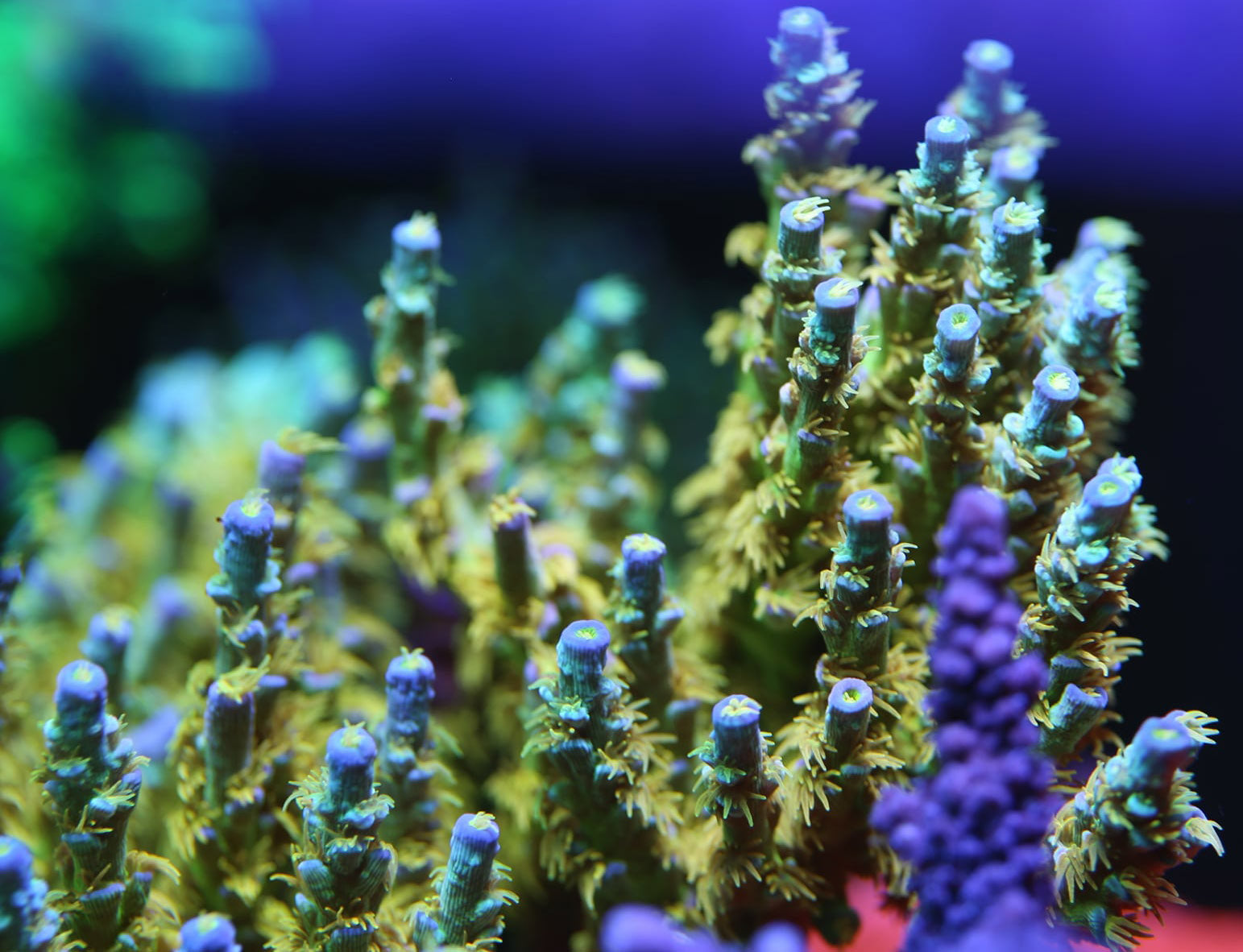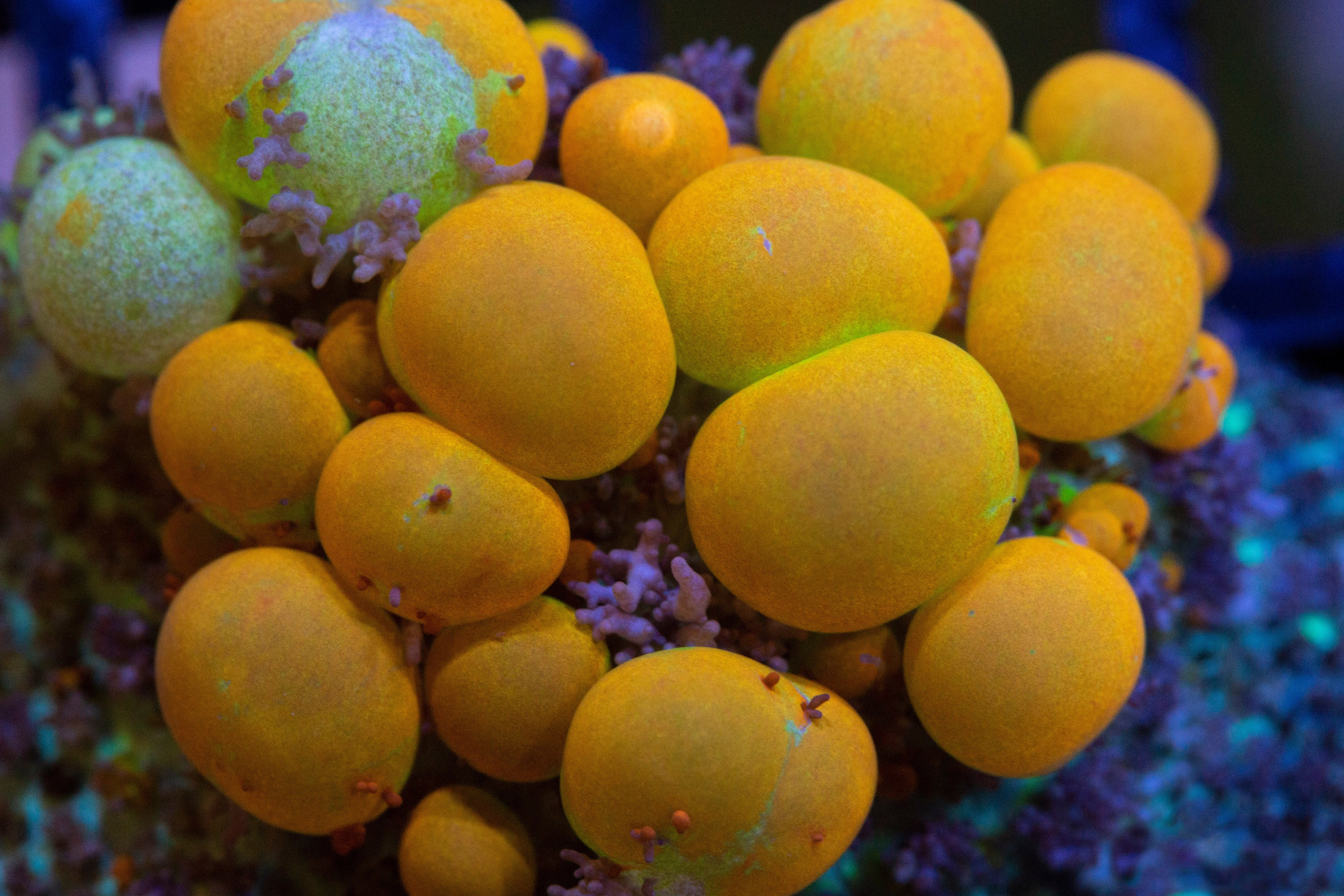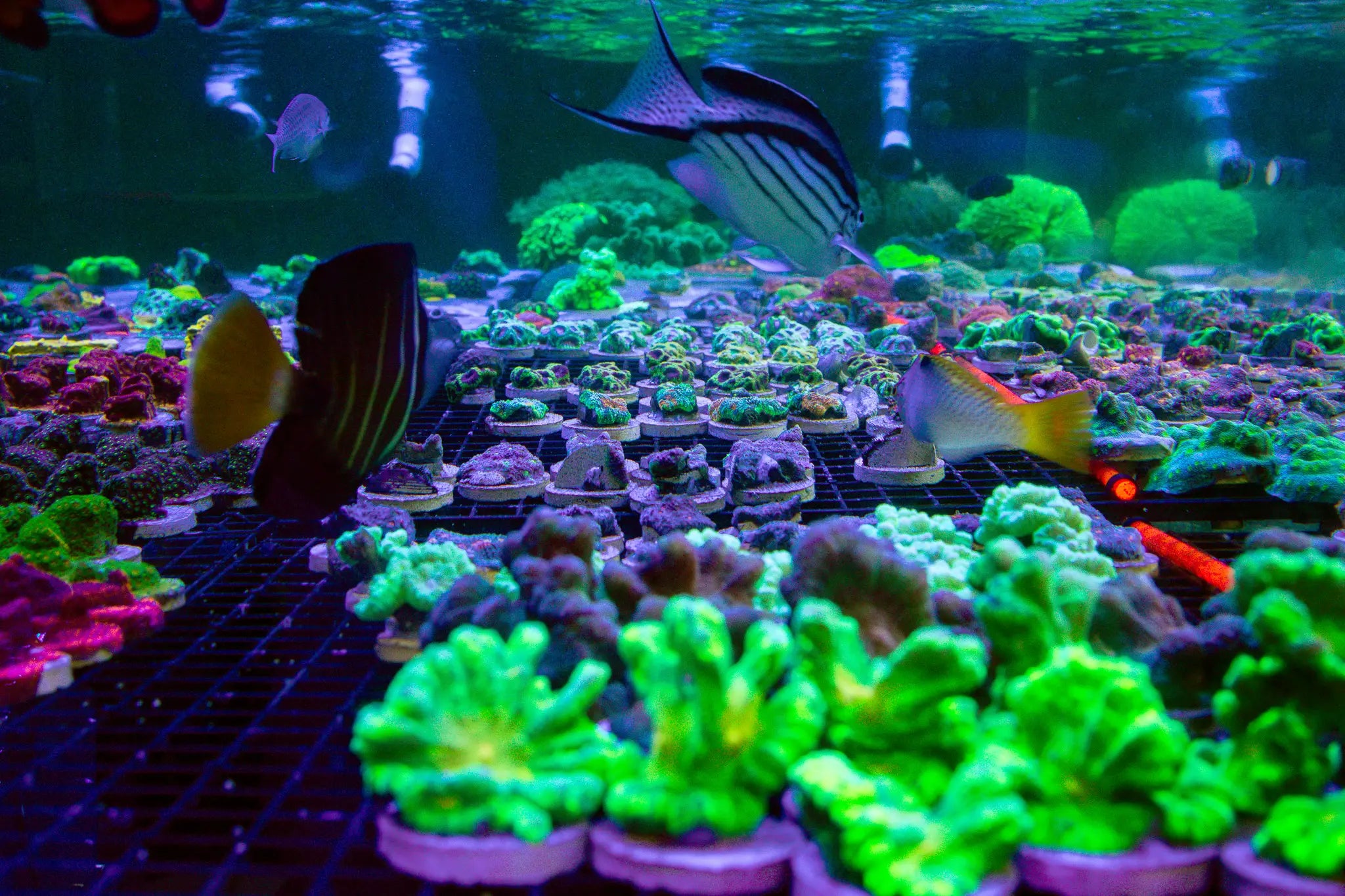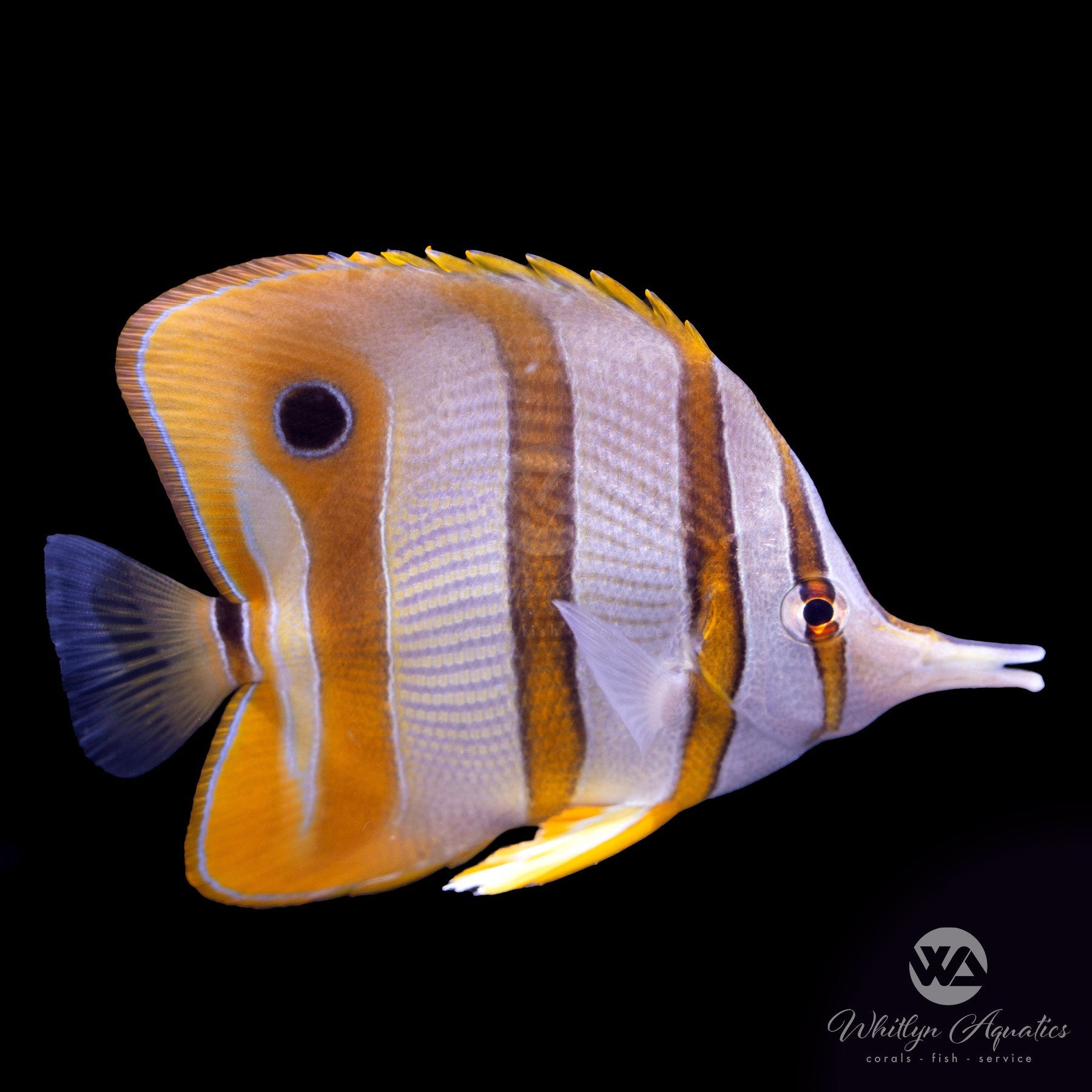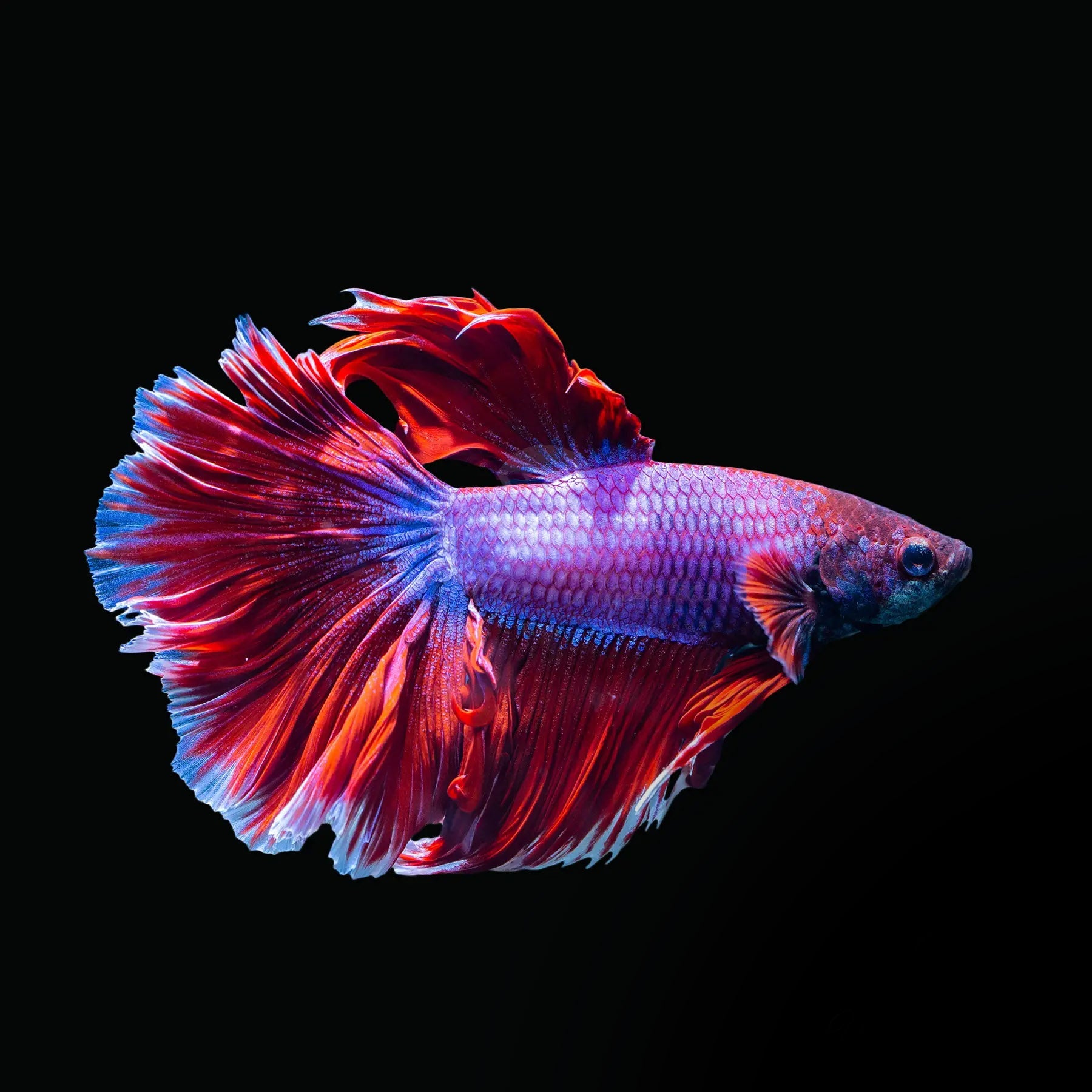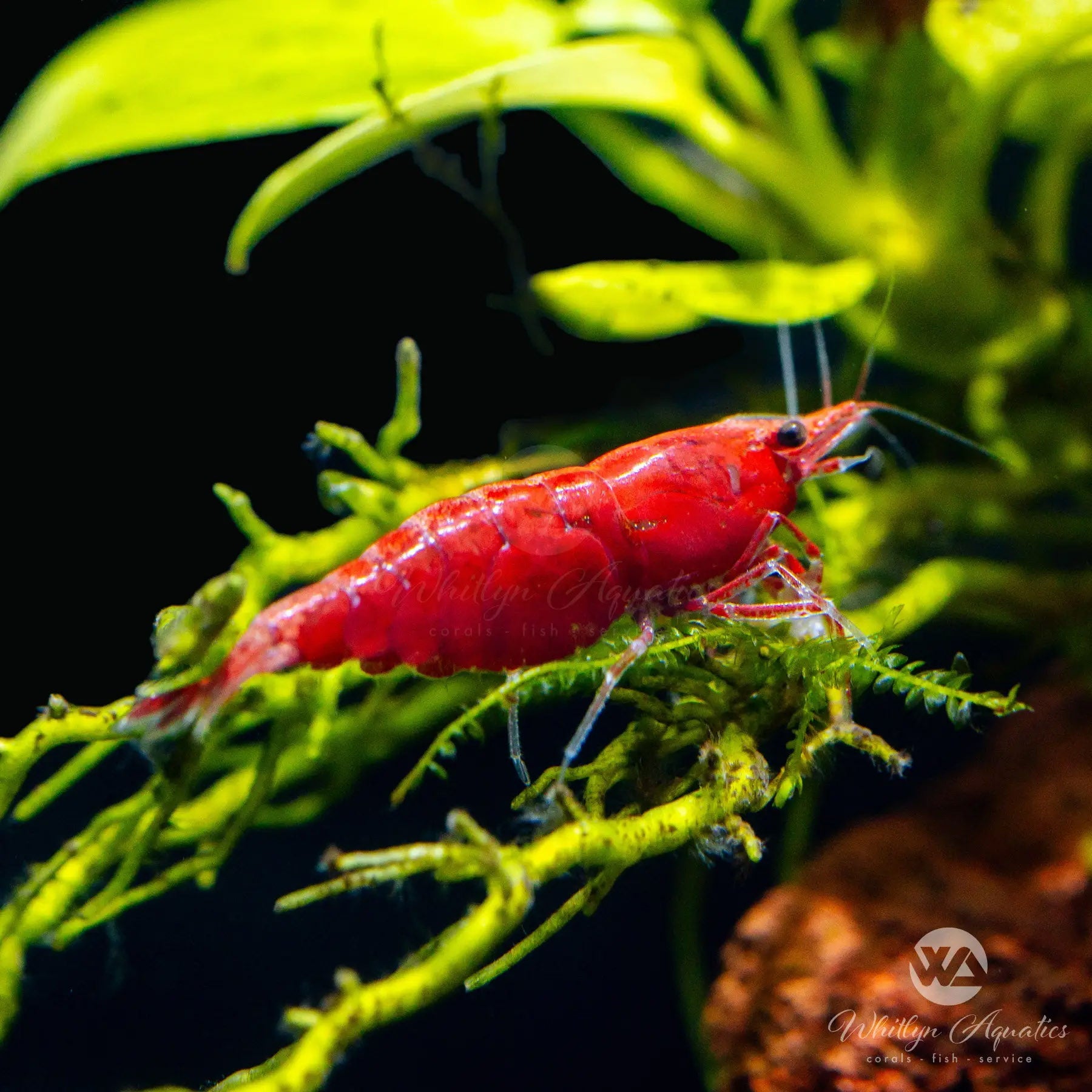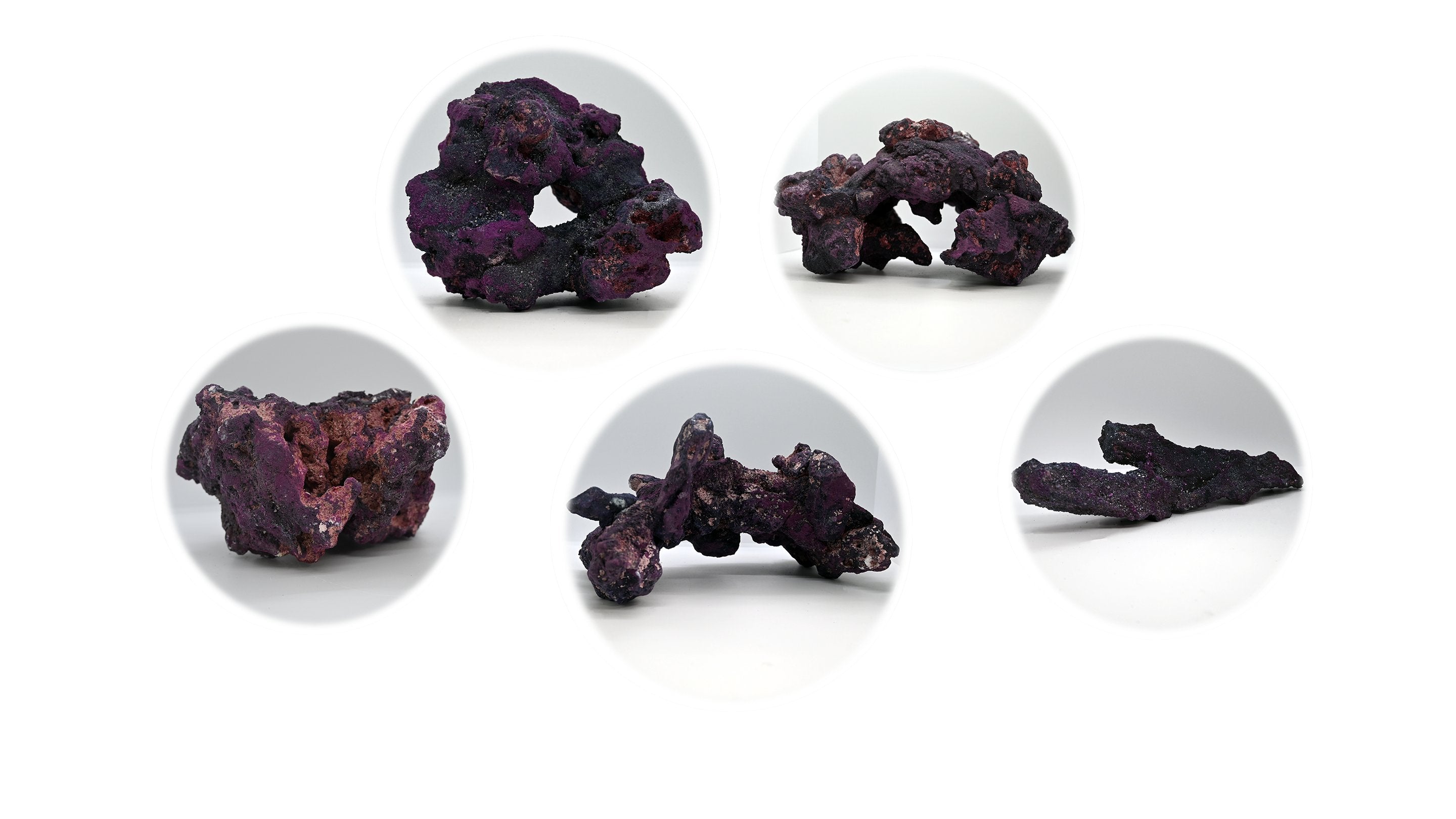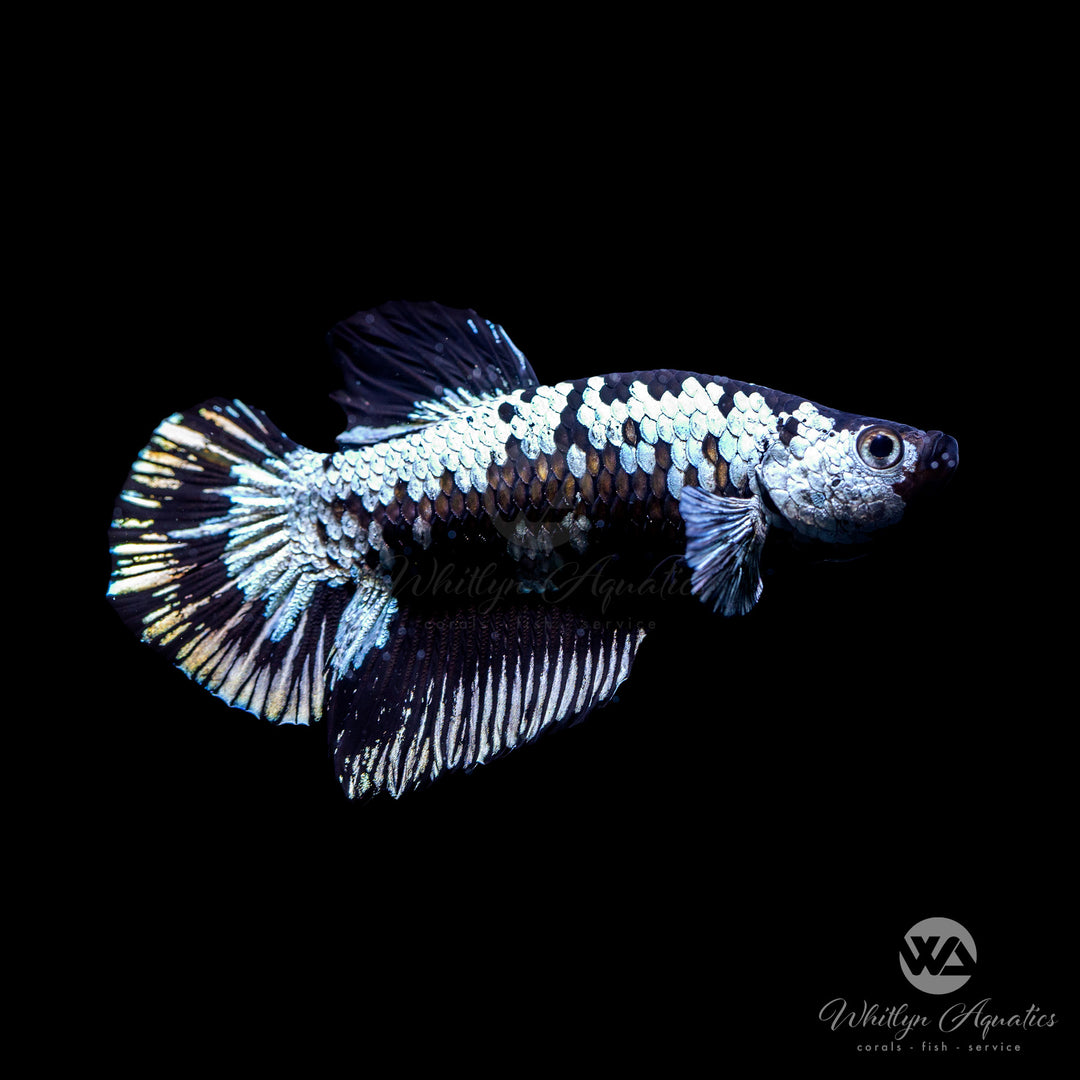
Black Samurai Betta Male
- In stock, ready to ship
- Backordered, shipping soon
The Black Samurai Betta Male (Betta splendens) is a striking variant of the popular Siamese Fighting Fish, known for its unique and captivating appearance. With its contrasting black and white body and fins, this Betta is a favorite among aquarists seeking a bold and elegant addition to their freshwater tanks.
Description:
• Common Name: Black Samurai Betta
• Scientific Name: Betta splendens
• Family: Osphronemidae
• Size: Typically grows to about 2.5-3 inches (6-8 cm) in length.
• Color: The Black Samurai Betta is characterized by its deep black body contrasted with patches of bright white. The combination of dark and light creates a stunning visual display.
Native Region:
The Black Samurai Betta is a domesticated variety derived from the wild Betta splendens, which is native to the shallow waters of Southeast Asia, particularly found in Thailand, Cambodia, and Vietnam.
Aquarium Setup:
• Tank Size: A minimum of 5 gallons (19 liters) is recommended to provide sufficient swimming space and territory.
• Water Parameters:
• Temperature: 75-82°F (24-28°C)
• pH: 6.0-7.5
• Hardness: 5-20 dGH (soft to moderately hard water)
• Diet: Omnivorous; feeds on high-quality pellets, flakes, and live or frozen foods such as bloodworms, brine shrimp, and daphnia.
Care Level:
• Difficulty: Easy to moderate
• Temperament: Generally peaceful, but males can be territorial, especially during breeding or when introducing new fish to the tank.
• Lifespan: Approximately 3-5 years with proper care.
Behavior:
The Black Samurai Betta is known for its active and inquisitive nature. Males often display their fins during interactions with other fish, showcasing their beauty and asserting dominance. While they can exhibit territorial behavior, they tend to be less aggressive than some other Betta varieties, making them suitable for community tanks with compatible species.
Additional Tips:
• Tank Mates: Ideal companions include peaceful fish such as tetras, rasboras, and small catfish. Avoid aggressive species and other male Bettas to prevent territorial disputes.
• Breeding: Breeding requires careful monitoring. Males will build bubble nests and are responsible for guarding the eggs until they hatch.


